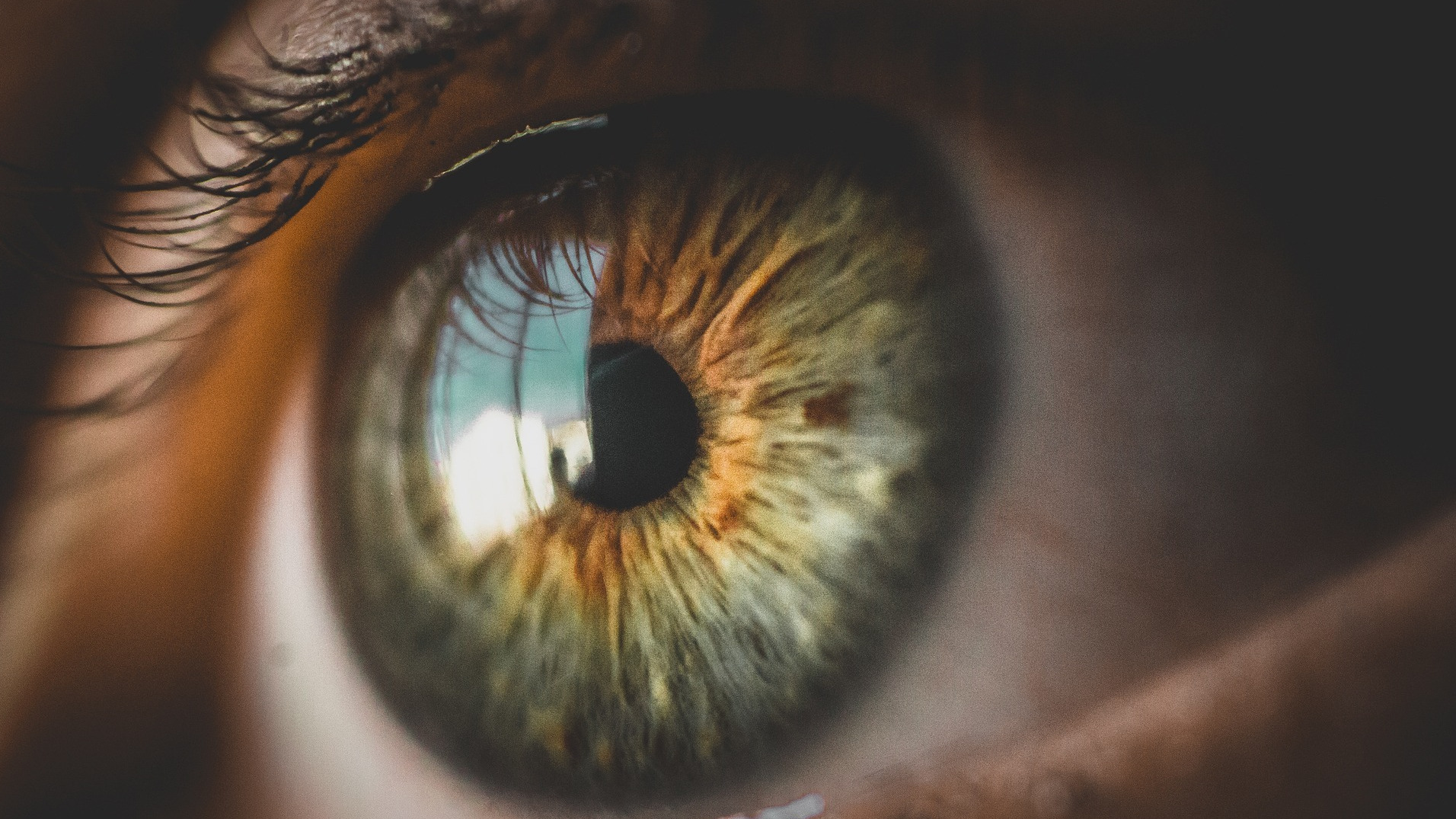Cataracts
Cataracts are a common eye condition that affects the clarity of the lens in the eye, leading to blurred vision.
Though these are common in the elderly, cataracts may develop at any age. The eye's lens is usually clear and allows light to pass through, allowing the retina to focus on a clear image. However, the lens becomes cloudy, blocking the clear image with cataracts, which results in decreased vision.
Cataracts often develop slowly and may not cause noticeable symptoms in the early stages. Symptoms may include:
- Blurred or cloudy vision: Vision may become hazy, making it difficult to see clearly.
- Sensitivity to light: Bright lights may appear glaring or uncomfortable.
- Poor night vision: Difficulty seeing in dim or low-light conditions.
- Double vision: Cataracts can cause double vision in one eye.
- Faded colors: Colors may appear less vibrant or have a yellowish tinge.
Cataracts' exact cause is unknown, but certain risk factors can increase the chances of developing them. Risk factors include:
- Aging: Cataracts commonly occur due to age-related changes in the lens.
- Family history: A family history of cataracts can increase the risk.
- Diseases: Conditions like diabetes or hypertension may contribute to cataract development.
- Eye trauma: Previous eye injuries or surgeries can increase the risk.
- Sunlight: Ultraviolet (UV) radiation from the sun may play a role.
- Medications: Certain medications, such as steroids, can cause cataracts after prolonged usage.
Regular eye exams by a professional are helpful to detect cataracts in their early stages and monitor their progression. The primary treatment for cataracts is surgery. This involves the removal of the cloudy lens and replacement with an artificial lens.
Home remedies are ineffective in treating or reversing cataracts. Surgery is the only viable option for treating cataracts. However, some home remedies help improve eye health and slow down the progression of cataracts.
Home Remedies and Natural Cures for Cataracts
Be sure to check with a medical professional if you have trouble with your vision. Home remedies may complement but do not replace your doctor's prescribed treatment plan.
Healthy diet
A balanced diet rich in antioxidants from fruits, vegetables, and whole grains can support overall eye health. Antioxidant-rich foods like leafy greens, berries, and citrus fruits may help protect the eyes from oxidative stress.
Garlic/Sulfur & Quercetin
Garlic can help prevent cataract development and promote proper lens focusing. Garlic contains sulfur and quercetin, which can help lower blood pressure and cholesterol levels.
A study found that garlic extract has hypoglycemic and antioxidant properties that can delay the progression of cataracts. Another study suggests garlic supplements can improve visual acuity and decrease intraocular pressure.
Try a garlic supplement or eat a few cloves of garlic daily to get the beneficial effects of this healthy natural cure.
Carrots/Vitamin A & Beta-Carotene
We've all heard that carrots are good for our eyes, and this is true.
Carrots contain beta-carotene, which the body converts to vitamin A. Vitamin A is important for eye health and can prevent cataracts and macular degeneration.
Beta-carotene also helps protect your eyes from the sun and lowers your chances of cataracts and other eye problems. Yellow carrots have lutein, which is also good for your eyes.
Eat raw carrots or fresh carrot juice to improve eye health. Other foods high in vitamin A, lutein, and zeaxanthin include Green pepper, Broccoli, Papayas, Mangoes, and Pumpkins.
Almonds/Vitamin E
Almonds are rich in vitamin E, which can help prevent cataracts by helping safeguard healthy tissues against harmful free radicals. Additionally, other foods that are great sources of vitamin E and can help prevent cataracts include spinach, kale, other green leafy vegetables, shrimp, tuna, cod, salmon, halibut, trout, herring, walnuts, flaxseed oil, canola oil, and sunflowers.
Fish Oil/Omega 3
Omega-3 fatty acids also reduce the risk of cataract development and progression. Omega-3 fatty acids are helpful for eye health and may also help reduce the risk of high eye pressure, which can lead to glaucoma. Omega-3 fatty acids can also help prevent and treat dry eye syndrome, a common eye condition where your eyes don't produce enough tears. Symptoms of dry eye include eye itching, burning, and redness.
Good sources of omega-3 fatty acids include Shrimp, Tuna, Cod, Salmon, Halibut, Trout, Herring, Walnut, Flaxseed oil, Canola oil, and Spinach.
UV protection
Wear sunglasses to reduce the risk of cataract formation. Protect your eyes from the harmful effects of ultraviolet (UV) radiation by wearing sunglasses that block 100% of UVA and UVB rays when you are outdoors.
Stop Smoking
Smoking has been shown to increase your risk of developing cataracts and other eye conditions. Smoking causes numerous health problems, and quitting can positively affect your whole body and eye health.
Manage Diabetes and High Blood Pressure
Unmanaged serious health conditions like high blood pressure or diabetes can wreak havoc with eye health, exacerbating cataract formation. Keeping your blood sugar and blood pressure levels under control may help slow down the progression of cataracts.
Reduce Eye Strain
Good lighting can alleviate eye strain and improve visibility for those with cataracts. Keep your living and working spaces properly lighted.
To avoid eye fatigue, minimize activities that strain your eyes, such as extended computer use or reading in low light. Take frequent breaks to reduce eye strain and help your eyes relax.
Cautions
If you suspect you have cataracts or are experiencing vision problems, it's essential to consult an eye care professional, such as an ophthalmologist or optometrist. They can assess your condition, determine the severity of the cataracts, and recommend appropriate treatment options.



